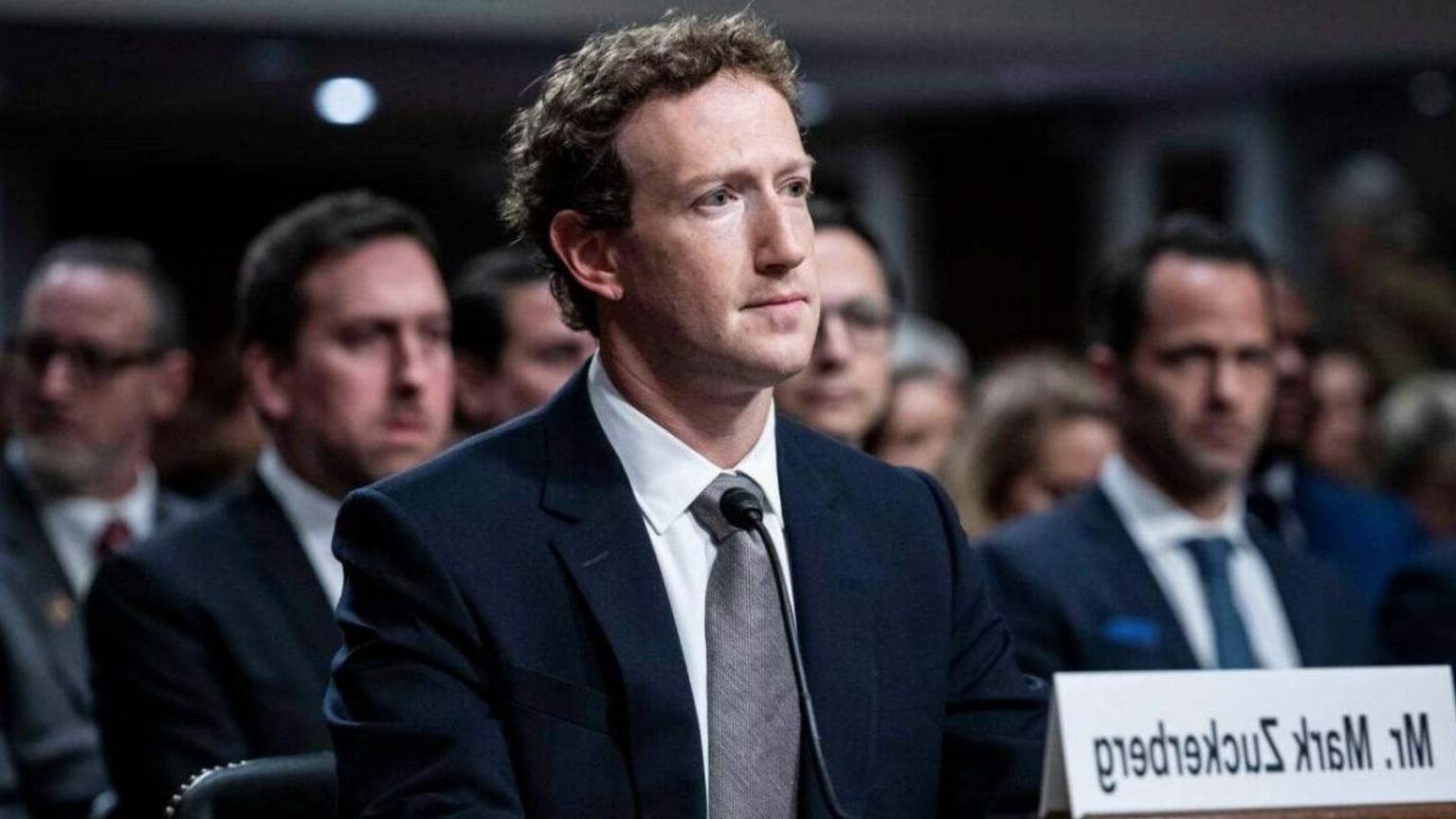Mark Zuckerberg is making headlines again—but not for acquiring another company. This time, the Meta CEO is in court, defending himself in a case that could reshape the future of digital business. The U.S. Federal Trade Commission (FTC) has accused Meta of engaging in so-called “killer acquisitions”—buying competitors only to eliminate them. At the center of the battle are two of Zuckerberg’s biggest deals: Instagram and WhatsApp. If the FTC gets its way, Meta may be forced to give them up.
The trial that could change big tech
The case, opened on April 14, has already revealed stunning details. Prosecutors argue that Meta’s purchase of Instagram for $1 billion and WhatsApp for $19 billion may have been part of an illegal strategy to crush competition. On the stand, Zuckerberg himself admitted that Facebook is no longer the family-and-friends network it once was. Instead, Meta now focuses on content, viral trends, and algorithm-driven discovery.
Zuckerberg defends the controversial acquisitions
A large part of the case centers on Instagram (acquired in 2012) and WhatsApp (in 2014). Zuckerberg defended both moves, claiming these platforms would not have survived without Meta’s backing. Today, he argued, they serve billions worldwide. In short, his message was clear: “We didn’t destroy them—we made them stronger.”
The FTC sees it differently
The FTC presented internal emails where Zuckerberg called Instagram a “terrifying threat” that needed to be neutralized “at all costs.” They also revealed a rejected $6 billion bid for Snapchat in 2013, suggesting a pattern of trying to wipe out rivals. With Instagram and WhatsApp alone bringing in over half of Meta’s ad revenue and boasting more than 2 billion users, regulators argue this is a textbook case of monopoly power.
Meta pushes back: “We are not a monopoly”
Meta denies the claims, insisting it faces fierce competition from TikTok, YouTube, Reddit, and X (formerly Twitter). The company also points out that regulators approved these acquisitions at the time, and forcing a breakup now would amount to rewriting the rules of the game.
What’s next: A long fight ahead
The trial is expected to continue until July 2025. If the FTC wins this round, the next phase could demand Meta sell off Instagram and WhatsApp, a move regulators believe would open the market to more competition and give consumers greater choice.
Why this matters
At stake is nothing less than the future of Big Tech. If Meta is forced to split up, it could set a precedent for other giants like Google or Amazon to face similar challenges. Regulators have long talked about cracking down on Silicon Valley, but this time, Zuckerberg is the one in the hot seat—and no amount of “likes” can bail him out.
